The Neighbourhood Projects are delighted to invite you to our final and joint event taking place October 20 from 14.00 – 17.00 CET.
The Joint Neighbourhood Conference showcases the processes and results of four European projects working towards better mobility solutions with people in their neighbourhoods.
These four projects (Cities-4-People, Looper, Metamorphosis and Sunrise) brought back the city to its citizens. In 21 locations across Europe and beyond, local residents, stakeholders and public authorities re-assessed and re-imagined their immediate surroundings with the guidance and support of the project teams. Together, they developed ideas for concrete measures, prioritised them and implemented them for the benefit of local air quality, accessibility, safety, social cohesion, mobile independence – in short: quality of life.
In some of the projects, local “labs” created a third space, where public authorities and citizens could learn about each other’s requirements, constraints and ideas in a collaborative way towards a transformation of on-the-ground realities. These labs are also an important way to extend the life of the project beyond its funding period, as these platforms can continue to be used for future initiatives.
During the event, you will have the opportunity to participate in breakout sessions where we will discuss and elaborate on some of the big messages steaming from the four neighbourhood projects. You will have the chance to ask questions and learn about the project’s stories and processes. Most importantly, you will take part in how the future discussions about how co-creation at the neighbourhood level can help reshape urban development across Europe.
Program
14:00-14:30 – Welcome and introduction
14:30-15:30 – Breakout sessions
15:30-15:45 – Break
15:45-16:15 – Conclusion and takeaway from breakout sessions
16:15-17:00 – Wrap-up and next steps for neighbourhoods
The program will be moderated by Waag’s Co-creation lab lead by Meia Wippoo.
Do you want to know more about the projects?
Cities-4-People
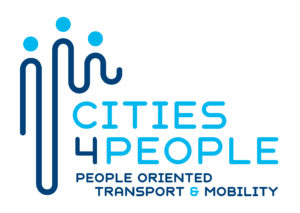
Cities-4-People focuses on co-designing transport and mobility in five distinct municipalities in Europe: Oxford (UK), Hamburg (DE), Trikala (GR), Istanbul (TR) and Budapest (HU). Despite cultural and geographical differences, these cities highlight the need to re-shape their infrastructure in order to improve citizens’ lives through better urban mobility. The key challenges in all five cities are those related to public and private transportation modes into how to better cater to citizens’ needs. To tackle some of these challenges, the project sets itself the task of bringing together key stakeholders to co-identify problems and target areas, followed by various activities and workshops to co-design future solutions. By bringing together municipalities, research institutions, transport authorities and citizens, Cities-4-People will create a model for cities on how to tackle similar issues, by applying the models developed during the project. The co-creation approach, aided by the proposed people-oriented transport and mobility (POTM) framework, focuses on tackling a number of challenges: how to bridge cultural norms and expectations through methodologies; how to accommodate key variables (such as geographical conditions) in the process; how to make sure the results are comparable and applicable in other urban contexts.
Metamorphosis
Metamorphosis is on transforming neighbourhoods with a focus on children. The project starts with the premise from Jan Gehl that children are an indicator of urban sustainability. The word sustainability itself is already inseparably combined with children as it implicates ‚designed for the next generation‘. If there are children in public spaces, it means that the public space is well-design for everyone.
Thus, Metamorphosis will:
• Transform car-oriented neighbourhoods into children-friendly neighbourhoods achieving behavioural change and increase in the quality of life
• Build the vision needed for such transformations
• Answer basic research questions related to neighbourhood transformation
• Achieve creative breakthrough innovations – in development, in design, in governance and in planning procedures – for public spaces in neighbourhoods and urban districts
• Through the above described mechanisms, develop and implement children friendly mobility solutions
• Evaluate take-up, involvement, process and impacts using innovative evaluation methodologies
• Develop and implement innovative transfer instruments to transfer Metamorphosis-innovations from city to city and country to country, also beyond the duration of the project.
• Children can help to develop positive emotions for the neighbourhood (and this is a key issue, as behaviour and decisions are mostly determined by emotions, and only to a much lesser degree by rational arguments such as cost-benefit).
Thus:
– children can easily find a direct way to their parent’s hearts
– to be against children’s needs and demands isn’t socially well accepted
Metamorphosis will include trial implementations cities with completely different neighbourhoods. Each city will participate with up to four different neighbourhoods, selected to have a wide variety: in size, structure, density and diversity.
Looper
LOOPER is a research project that demonstrates ‘learning loops’ in the urban realm. A learning loop is a new way of decision-making, which brings together citizens, stakeholders and policy-makers to learn how to address urban challenges in a participatory co-creation platform. Traffic safety, air pollution, and greening of urban spaces have been the topics of the three Living Labs in Brussels, Verona, and Manchester. Citizens and stakeholders first debated on topical issues, framed the problem, and collected data. Following this, the LOOPER platform was used to visualise the data and to enable the co-design of solutions. Following evaluation of the options, the best solutions have been put into practice and monitored. Then, a learning loop enabled further improvements to the solutions. LOOPER has produced a prototype platform with demonstrations and guidance, available for any city to improve its decision-making.
Sunrise

SUNRISE is the acronym for Sustainable Urban Neighbourhoods Research and Implementation Support in Europe. The SUNRISE mission is to develop, implement, assess and facilitate co-learning about new, collaborative ways to address common urban mobility challenges at the urban district level through “neighbourhood mobility labs” and thus to lay the foundation for a Sustainable Neighbourhood Mobility Planning concept.
SUNRISE is EU project funded under the CIVITAS umbrella programme. The project has a concrete set of interventions in six “action neighbourhoods” within their respective city. Concretely, one neighbourhood each in the cities of Bremen, Budapest, Jerusalem, Malmö, Southend-on-sea is running a highly participatory “co-creation” process with their residents and stakeholders to identify local needs, to develop new transport solutions, to implement and to evaluate them – all with the guidance and assistance of the support partners urbanista, Rupprecht Consult, POLIS, TU Wien, Edinburgh Napier University – Transport Research Institute, Zaragoza Logistics Center and Koucky & Partners.
All cities are strongly committed to sustainable mobility and co-creation principles. They all have city-wide mobility strategies (esp. SUMP), yet realise that large innovative potentials are untapped at the neighbourhood level which requires the proactive involvement of local communities for lasting and publicly embraced solutions to urban mobility challenges.
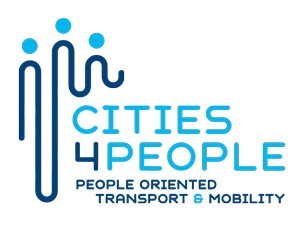
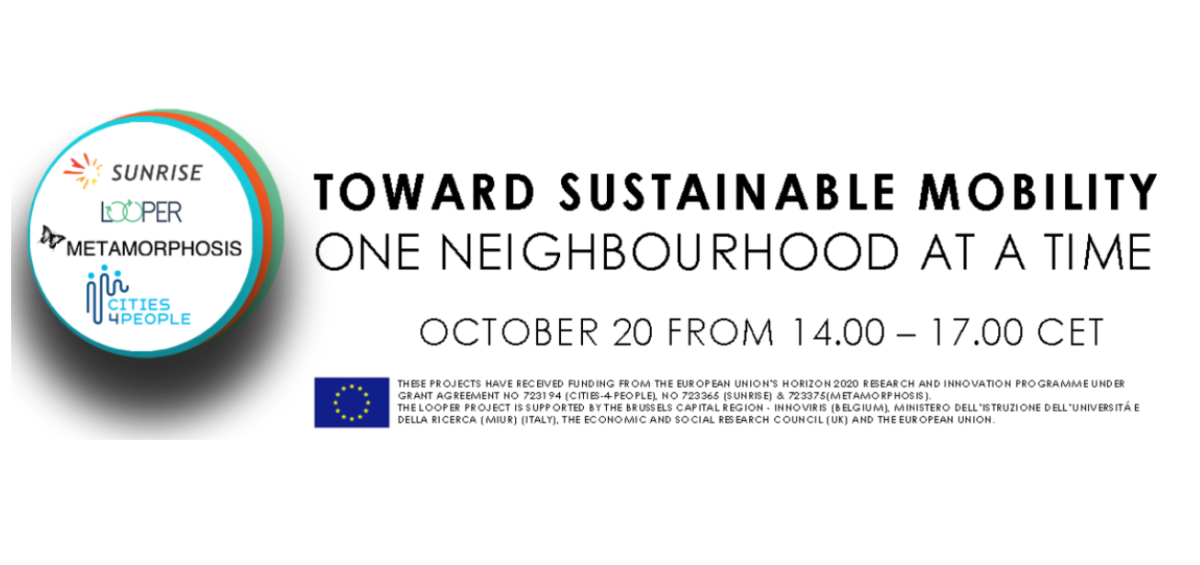

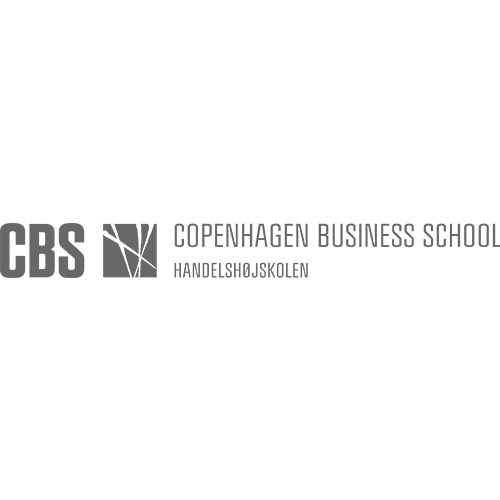

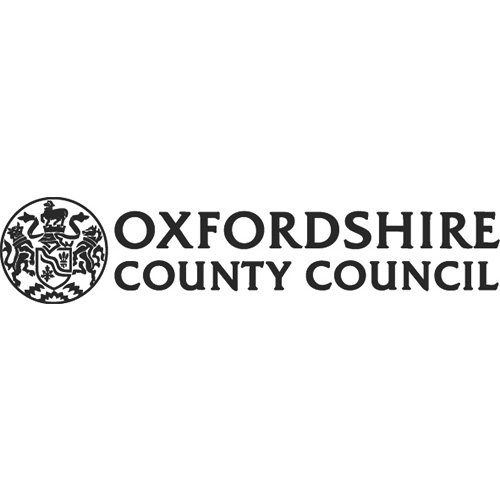

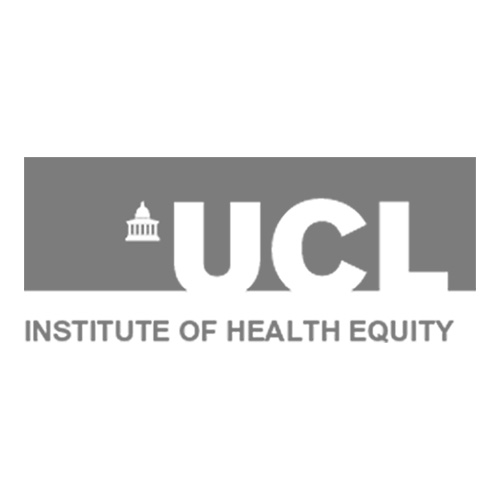

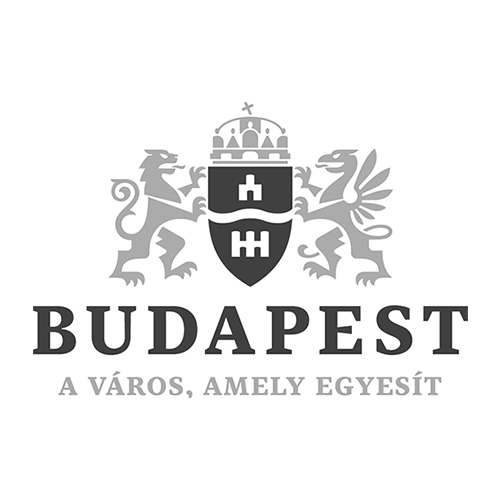
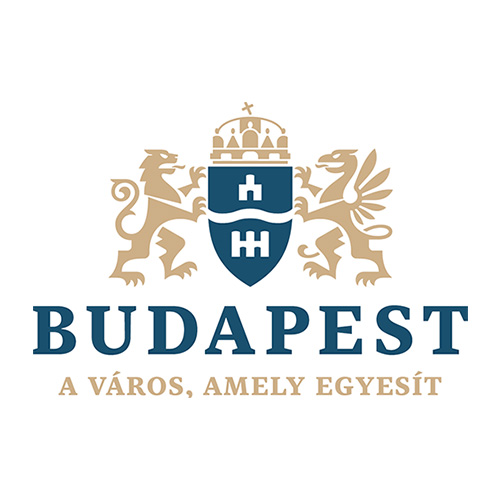
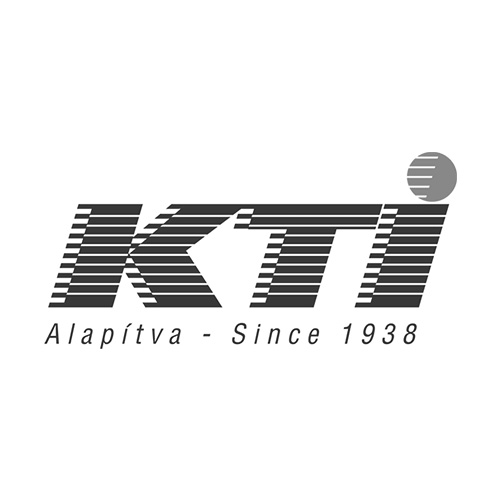
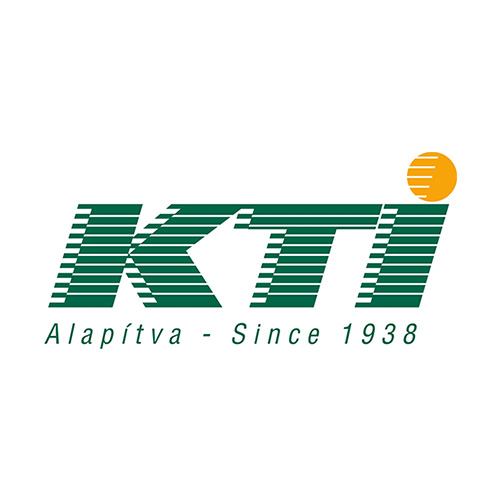
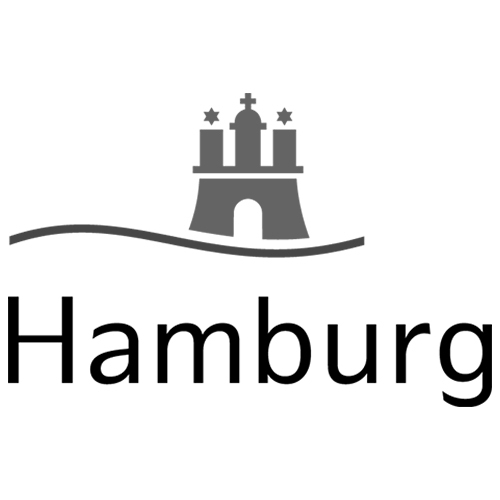
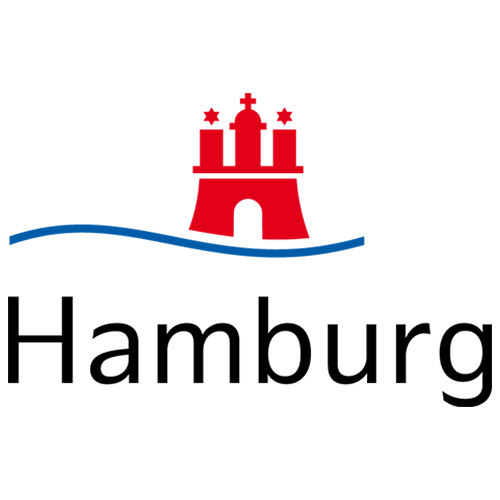
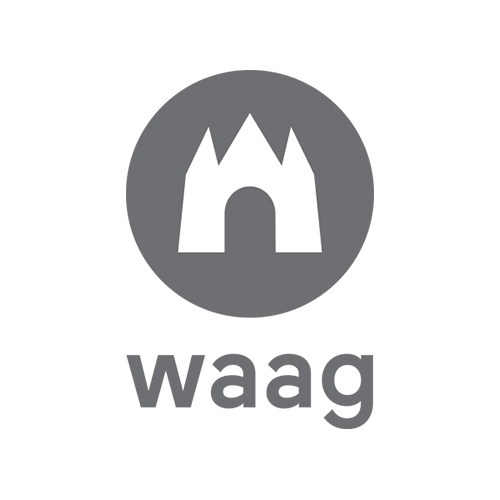
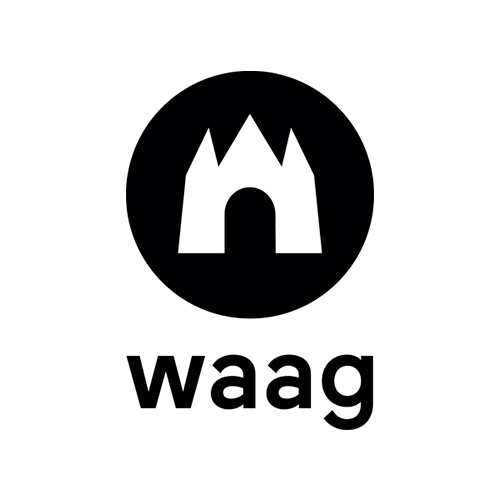
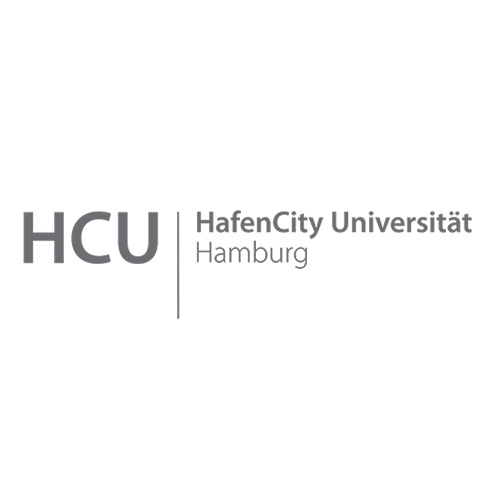
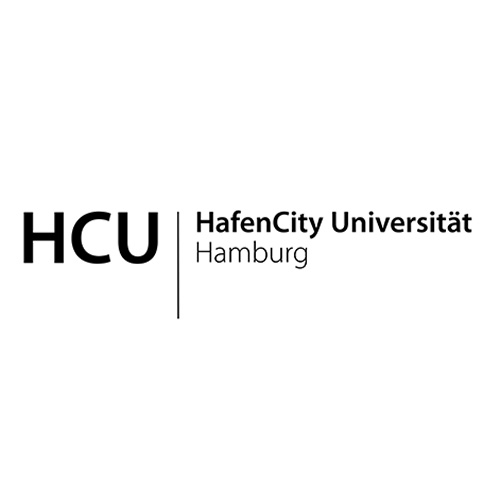
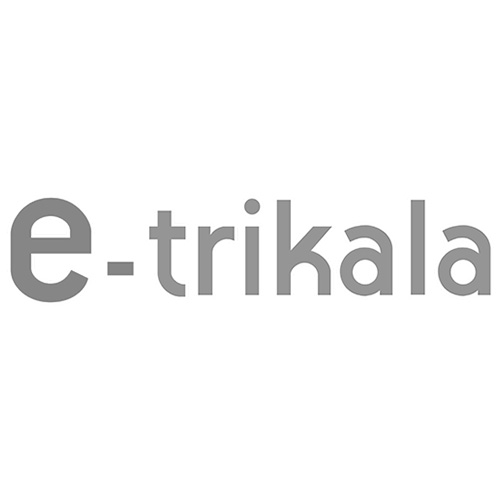
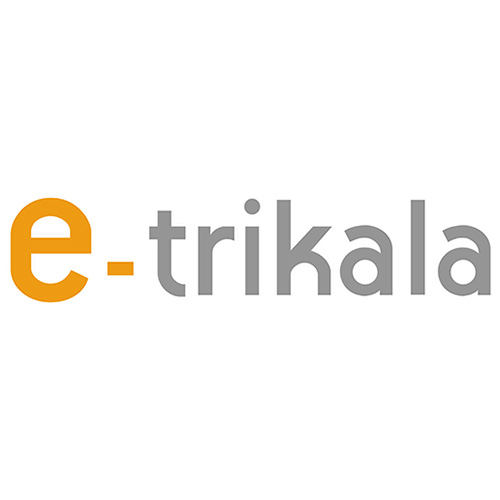
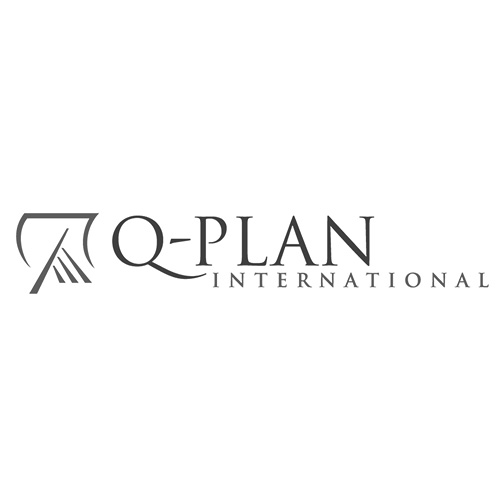
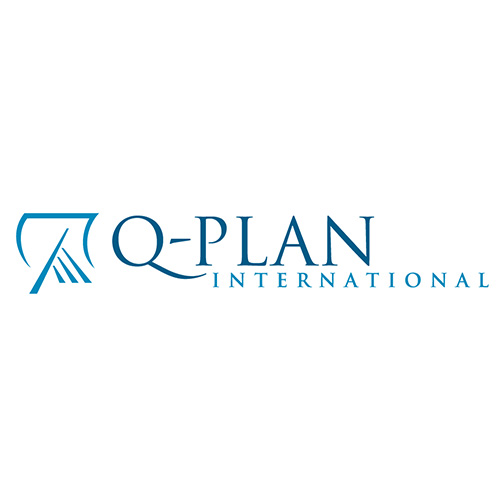
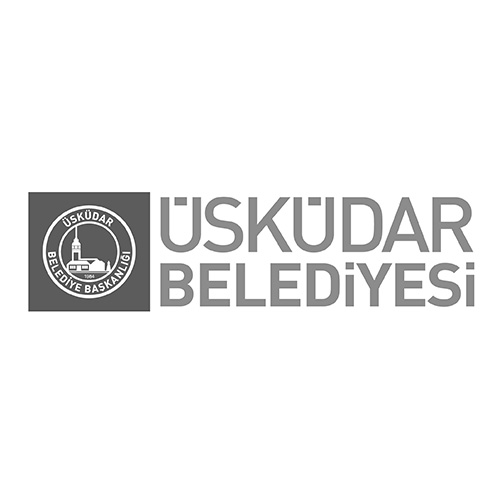

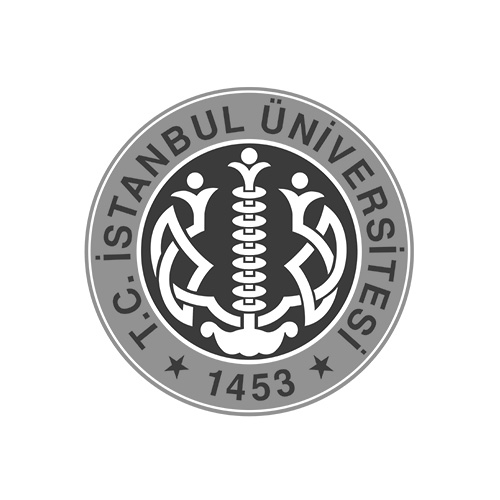
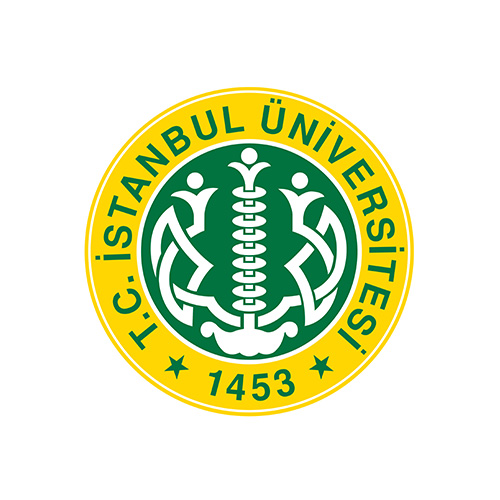
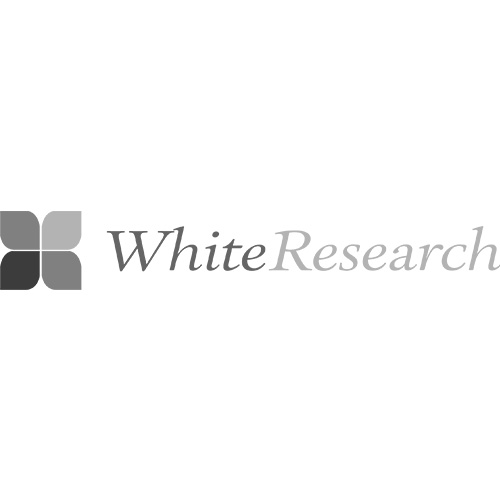
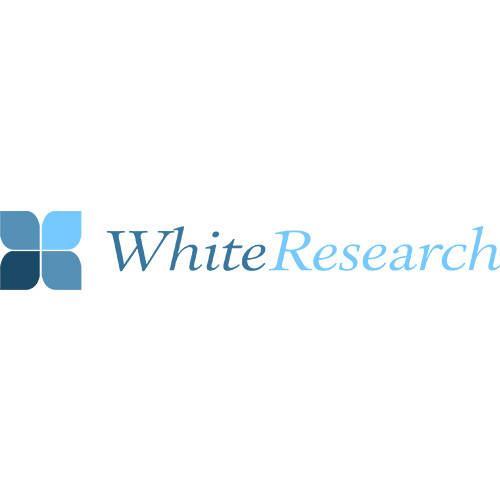
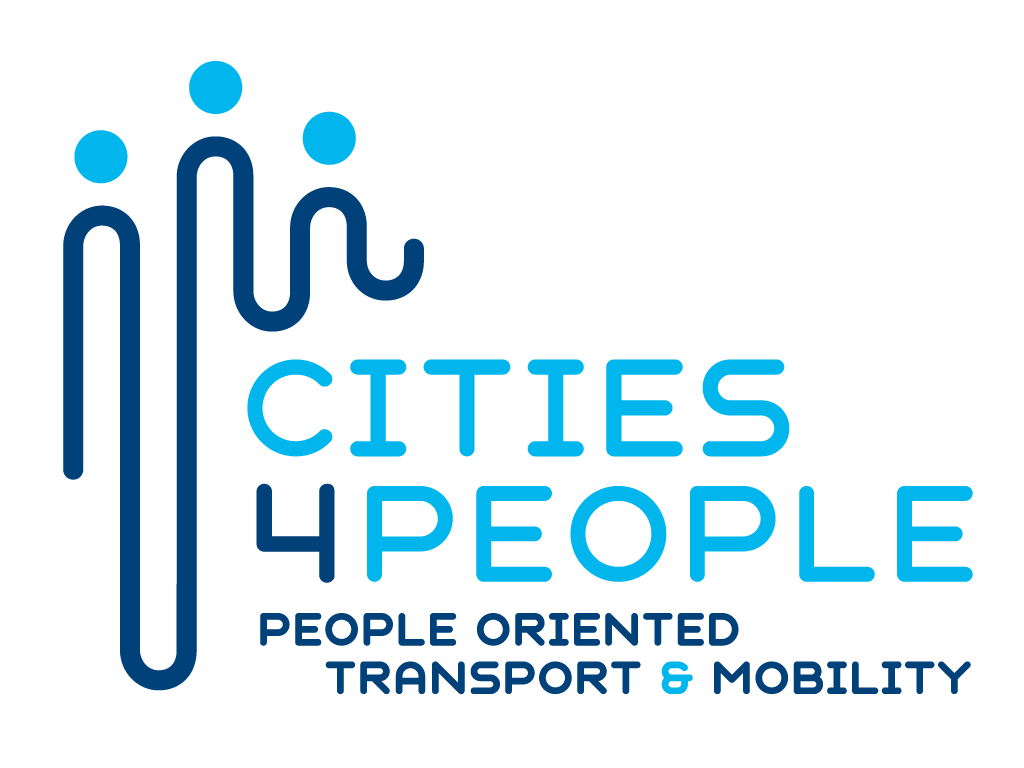
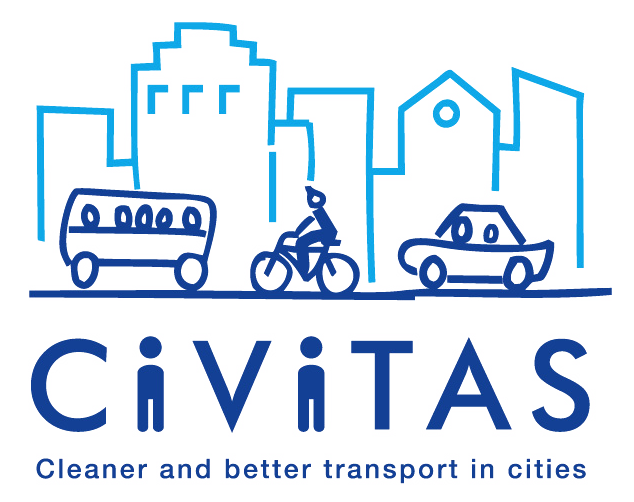


 English
English Magyar
Magyar Ελληνικά
Ελληνικά Turkish
Turkish